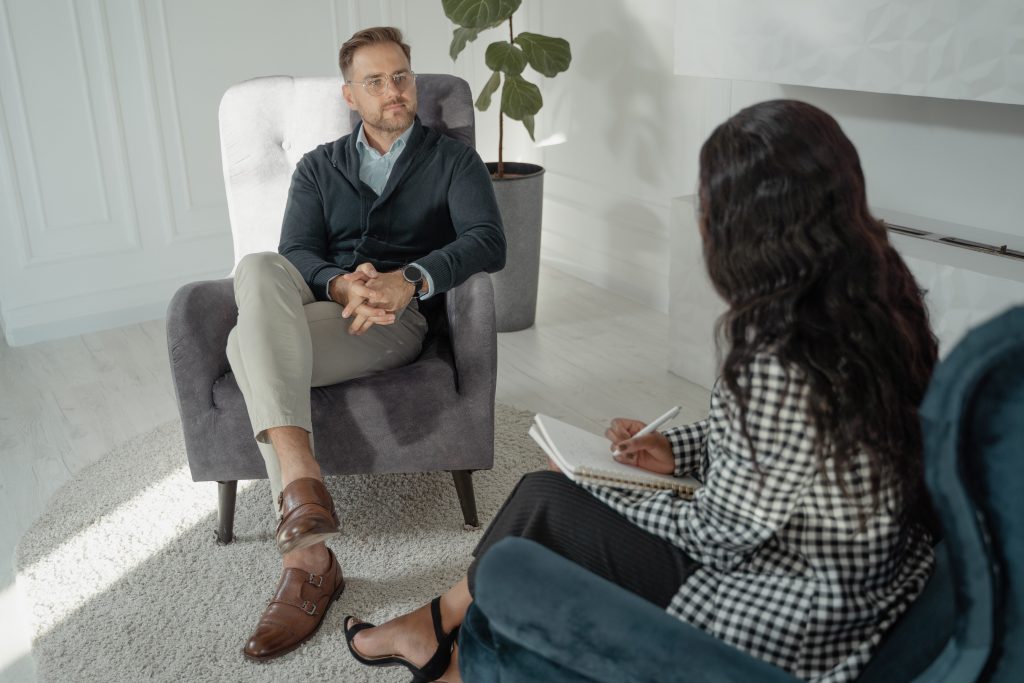Clinical Consultation for Therapists
Refine your craft. Nourish your spirit.
Maria C. Morog, PhD
Frequently Asked Questions
Who is consultation for?
I offer clinical consultation to any licensed provider who is providing therapy/counseling services. I do not offer clinical consultation to unlicensed providers or to providers licensed to perform professional services other than therapy or counseling.
No. There are multiple valid pathways to good clinical outcomes for clients and there is no guarantee that your supervisor and I would be working from the same perspective. To introduce a consultant, when you are already working with a supervisor a) is redundant, and b) risks jeopardizing both the relationship between you and your supervisor and the relationship between you and your client.
Why seek clinical consultation?
Sometimes, therapists feel unsure, or stuck, or they may have specific questions about how best to proceed when a situation arises that they have not dealt with before. As an experienced peer, I’d like to help.
Here are some of the ways I can help:
Not making the therapeutic progress you expect or maybe unsure about what to do next? It can be helpful to run ideas by a peer about what is and is not working. I can also suggest ideas about diagnostic factors that might need to be considered, ideas for therapeutic interventions you may not have yet tried, and different ways to think about the therapeutic goals.
Getting push back/resistance? Let’s figure out together where that may be coming from and what might help. Consultation is a safe space to talk about the thoughts and feelings that your work is bringing up for you.
Feeling frustrated, unheard, undervalued, unappreciated? Sometimes these feelings arise in the work that we do. It is the best kind of self care to figure out where they are coming from and how to address them. We can do that together!
Clinical Consultation is individualized and targeted to your specific questions about your specific practice. So, a therapist who seeks Clinical Consultation might have a question like, “I have tried using this therapeutic technique with my client but am not seeing the expected outcome. Why might that be?”
Supervision is usually a hierarchical relationship, with the more experienced colleague offering training, advice, and support but also direction. Especially in cases where the clinician is unlicensed, a supervisor, depending upon the situation and the jurisdiction, takes on responsibility for the treatment that is provided by the supervisee. For this reason, a supervisor needs to be licensed in the state in which you practice. (I do not at this time offer supervision.)
Consultation is a collaborative discussion between colleagues. The therapist assesses the usefulness of the consultant’s input, and uses it or ignores it as they see fit. The consultant has no direct authority and no clinical duty or obligation to your clients.
How does it work?
That is totally up to you. We could arrange for regularly scheduled meetings, or you could call as needed/desired to set up a meeting.
No. I conduct all consultation meetings through my HIPAA compliant tele-health platform.
No. Consultation is a form of professional development. It is not required that professional development be provided by a licensed provider (although I am licensed to practice psychology in the state of NY). The jurisdiction where clinical services are provided is limited by licensure, but since this is professional development, and not a clinical service, geographic location does not matter.
Probably not, although this varies from state to state, so you should check with the licensing body in your state.
My hourly fee for consultation is $180 per hour.
All information is kept strictly confidential. In most cases, you would not provide enough personally identifiable information (PII) to me that I would have any knowledge of who your clients are anyway. Even if you did, I abide by the same HIPAA guidelines and regulations that apply to you as the therapist. I have never needed to talk to a third party about the work that I do as a consultant, but if that happened, I would discuss it with you.
If you have questions about clinical consultation for therapists and whether or not it might be right for you, call me today to chat!
I’d be happy to talk with you about how I work and what I offer.


